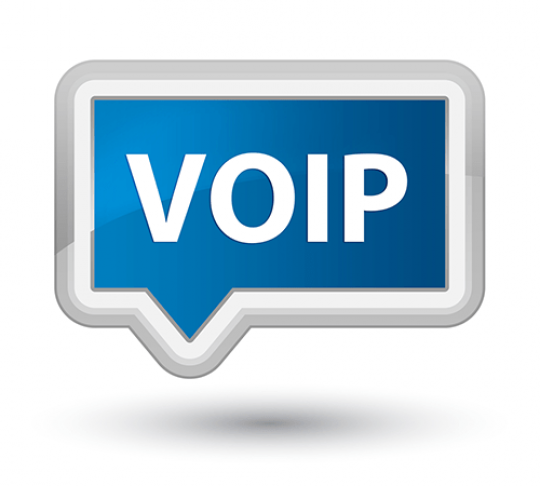
Benefits & Disadvantages of a Managed VoIP Provider
Benefits of Managed VoIP:
- no maintenance
- reduced risk
- lower cost
- scalability
Potential Drawbacks of Managed VoIP:
- you may have little knowledge of how the system works
- you must rely on the company for tech support
Managed VoIP service providers charge a monthly fee based on the number of users (phones) or lines on your system. The cost of managed VoIP is much lower for smaller businesses than a self-owned IP PBX. There is no hardware investment.
The provider will install all the equipment. Managed VoIP providers are also responsible for configuration and maintenance (upgrading, updating, troubleshooting, etc). This means significantly less risk for a company's telecommunication investment. When a self-owned PBX breaks or malfunctions, the repair cost comes out of your revenue. Not so with managed VoIP.
In addition to maintenance, the managed VoIP provider can also help you expand your system. Depending on the situation, a provider can upgrade your PBX with software or hardware to suit your needs.
On the other hand, you must completely rely on the managed VoIP provider for the health of your telecommunications system. In the event of a system failure or hardware collapse, you’ll need to rely on the VoIP provider to fix it. Even so, this isn’t a bad thing; a company shouldn't have to worry about its telephony system with managed VoIP. Most managed VoIP companies have highly responsive customer service agents that can assist you with a day or so.
Larger companies can still use managed VoIP, but the service becomes more expensive the more phone lines your system operates.
Managed VoIP is an excellent alternative to an expensive traditional PBX system or managing your own IP PBX.









